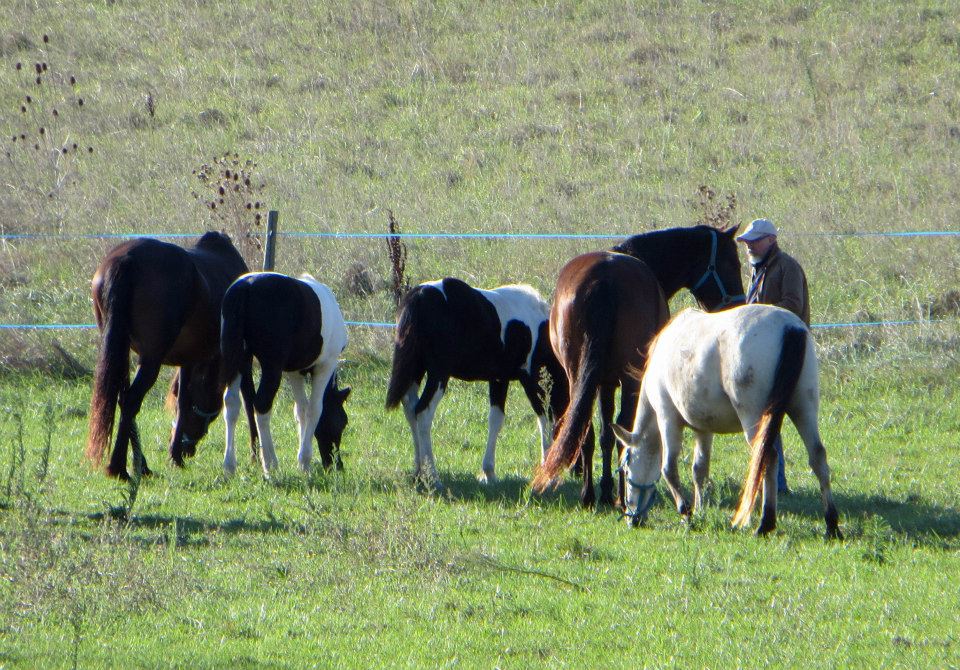| Like most professionals, physicians in training receive professional sensitivity training on how to maintain appropriate relationships and behaviours. However, a brand new, innovative program has begun at the University of Arizona Medical School that is using horses to focus on the importance of body language in a physician’s everyday role. |
"This course is not about horses; it's about body language," said Doctor Allan Hamilton, a renowned neurosurgeon and head of the college's surgery department.
"Horses are very, very good at detecting those unspoken messages, and it's a wonderful way to teach medical students to become aware of their own body language," he said.
Because horses are vulnerable to becoming prey, they constantly scan their surroundings for potential threats and react against them, making them excellent barometers for how human movements can speak louder than words.
By learning to put the horses at ease, the medical students also find out how to respond sympathetically to emotionally charged situations, such as comforting worried patients or bereaved relatives.
Through this course, people are learning how to communicate in a more concise and convincing manner. Although new, it has shown impressive results and has convinced many participants of the importance of nonverbal communication. This educative experience through horses is similar to the one offered through HorseDream Canada’s World Tours. It is evident that horses are excellent beings for enhancing people’s personal skills and making them better leaders and professionals.
-Paige


 RSS Feed
RSS Feed

